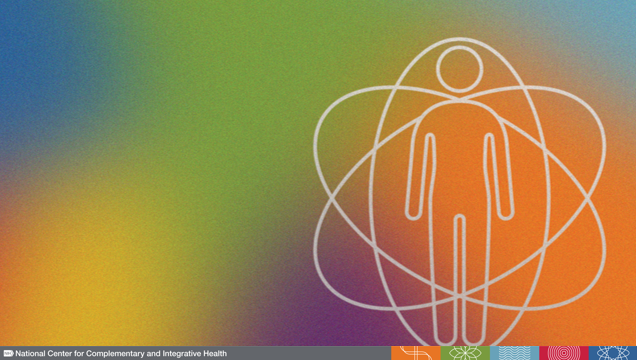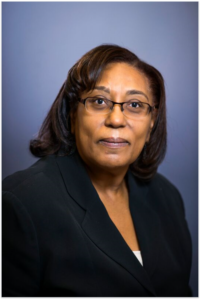

Whole Person Health: Strategies for Research and Clinical Care
April 28, 2023 @ 9:00 am - 11:00 am
Whole Person Health: Strategies for Research and Clinical Care
Friday, April 28, 2023
Registration 8:30am Program 9am to 11am
Presented By: Emmeline Edwards, Ph.D.
Location: Online Workshop
2 CE Credits
At the National Institutes of Health (NIH), whole person health is defined as a framework for empowering individuals, families, communities, and populations to improve their health in multiple, interconnected domains: biological, behavioral, social, and environmental. The session will highlight two scientific countercurrents: analysis (breaking things down into smaller parts) and synthesis (bringing the parts back together). Our current medical system has emphasized “analysis” and hence this emphasis on molecular medicine has led to the major mode of treatment, pharmacology. However, it is also important to move in the other direction—that of synthesis or integration. Integrative health involves putting the whole person back together and incorporates complementary and conventional therapies together to address current health crises in the US. Examples of types of research and clinical care management will be presented within the whole person health framework.
Objectives:
- Discuss the Whole Person Health framework and its application to psychological assessments and intervention methods.
- Compare the perspectives of integrative and conventional medicine approaches
- Describe concepts and methodologies for whole person research – study of interconnected systems, single and multicomponent interventions, single and multi-system outcomes.
 Dr. Emmeline Edwards is director of the Division of Extramural Research of the National Center for Complementary and Integrative Health (NCCIH). In that capacity, she is responsible for development of scientific programs or areas of science that fulfill NCCIH’s mission as well as planning, implementation and policy. NCCIH is one of 27 components of the National Institutes of Health (NIH), with a mission to define, through rigorous scientific investigation, the usefulness and safety of complementary and alternative medicine interventions and their roles in improving health and health care.
Dr. Emmeline Edwards is director of the Division of Extramural Research of the National Center for Complementary and Integrative Health (NCCIH). In that capacity, she is responsible for development of scientific programs or areas of science that fulfill NCCIH’s mission as well as planning, implementation and policy. NCCIH is one of 27 components of the National Institutes of Health (NIH), with a mission to define, through rigorous scientific investigation, the usefulness and safety of complementary and alternative medicine interventions and their roles in improving health and health care.
Before coming to NIH, Dr. Edwards earned her Ph.D. in Neurochemistry from Forham University, did postdoctoral research in behavioral pharmacology and neuroscience at the State University of New York, and was a tenured Associate Professor in the Department of Pharmacology at the University of Maryland. Her research there focused on the neural mechanisms of complex behaviors and characterization of a genetic model of affective disorders. She also served as Chair of the Graduate Studies and Research Committee and Member of the Dean’s Executive Council at the University of Maryland.
Currently, Dr. Edwards is Co-Chair of the trans NIH Music and Health working group and member of the Interagency Task Force on the Arts and Human Development. Dr. Edwards is also Chair of World Women in Neuroscience (WWN), an independent mentoring and networking organization, with the primary mission of identifying, promoting and implementing mentoring and networking opportunities for women neuroscientists across the world.
PSCP: The Psychology Network is approved by the American Psychological Association to sponsor continuing education for psychologists. PSCP: The Psychology Network maintains responsibility for this program and its content.
